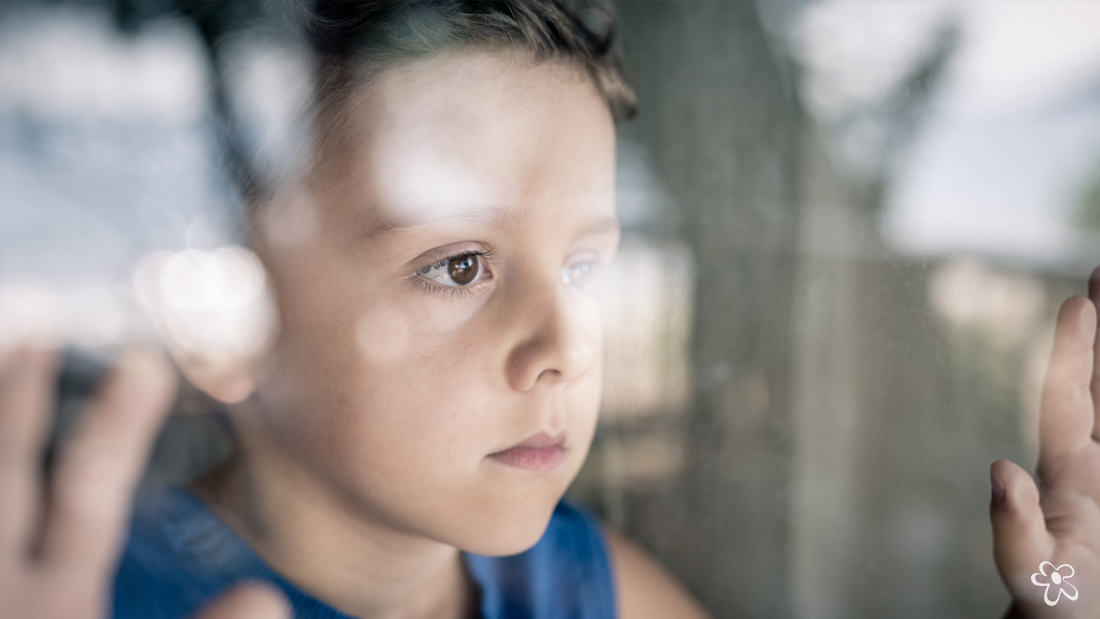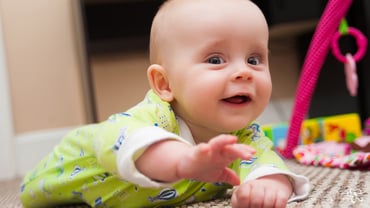Get Rid of that Stinkin’ Thinkin’: Part 3
The Connection Between Our Thoughts, Feelings, and Behaviors: Part 3 It’s been a while, but we’re back with our final installment of our CBT series! This time around we’re focusing on those unhelpful patterns in children’s (and our!) thinking. Have you ever found it difficult to get off a train of thought or out of an emotional slump? As humans, we’ve been gifted with these powerful minds and feelings. However, sometimes, unless kept in check, our minds get carried away with thoughts that are not accurate or helpful. In turn, big emotions are created that can be hard to control. If not identified and checked, those thoughts and feelings can become repetitive or cyclical, and even dangerous to ourselves. It’s so important that we identify and change unhelpful thinking patterns. In psychology, we call those unhelpful and inaccurate thinking patterns, “cognitive distortions”, or in more kid-friendly terms, “Stinkin’ Thinkin”.
COGNITIVE DISTORTIONS (i.e. Stinkin’ Thinkin’)
At Carolina Pediatric Therapy, we often meet with children who have created cognitive distortions based on a bad experience (i.e. interacting with a bully, family difficulties, etc.). Sometimes those experiences change a child’s perspective and develop into cognitive distortions, aka “Stinkin’ Thinkin’”. A cognitive distortion is any inaccurate and unhelpful thought that leads to a negative emotion or behavior. For the child that is bullied, a cognitive distortion might be, “She said I’m dumb so maybe I am” or “No one will ever want to be my friend”. Everyone has believed a cognitive distortion at some time. It can be helpful to read over a list of possible cognitive distortions to identify if you or your child has any of these. For a comprehensive list, check out: PsychCentral.com. So how do you recognize and get rid of a cognitive distortion? Good question! Here are a few suggestions:
- Familiarize yourself with well-known cognitive distortions (like those listed on the link above).
- Play detective! Look for evidence of your child’s thoughts and feelings. Look for remarks or behaviors of distorted thinking. If you spot one, ask your child for evidence that his/her thought is accurate.
- Play detective with your child. Look over the above list of cognitive distortions (see above link) together. Perhaps re-phrase the distortions in ways that your child will understand. Ask your child to identify any that feel familiar.
- Team up with your child to challenge those negative thoughts, feelings, and behaviors. Are those thoughts accurate? Are they helpful? If not, get rid of them and replace them with more accurate and helpful thoughts!
- Get your child involved in Behavioral Health Services. Sometimes, distorted patterns of thinking are hard to get rid of. We have trained professionals at Carolina Pediatric Therapy who want to help you and your child grow healthy minds, feelings, and bodies. We can help!
It is to be noted, however, that sometimes, children go through incredibly difficult life circumstances that can create rigid cognitive distortions. Examples of those difficult life circumstances might be abuse, separation from parents, death of a loved one, or trauma. For children that have experienced these difficult life circumstances, it may become imperative to seek the assistance of a trained professional. We have a team of Behavioral Health therapists that are waiting to help your child navigate these circumstances. Please let us know if we can help by calling our office at 828.398.0043 to schedule an appointment. We hope that this series has helped you and your child to feel empowered and challenged to talk about feelings, thoughts, and behaviors, and to change them when they are negative and unhelpful. Ultimately, it is our hope that parents and children become more connected and that each parent knows how to support his/her child better.
Read Part 1: The Connection Between Our Thoughts, Feelings, and Behaviors
Read Part 2: Don’t Believe Everything You Think
Click on Button Below to Download the Article:
Courtney Bancroft, MA, LCMHC is a Licensed Clinical Mental Health Counselor she is part of an interprofessional collaborative team at Carolina Pediatric Therapy, including behavioral health, occupational therapists, physical therapists, speech-language pathologists, and psychologists, dedicated and promoting children's development and well-being. Her experience involves working with children struggling with anxiety, depression, ADHD, mood disorders, and a history of trauma, among other challenges. She’s an excellent Candy Land player (after being mentored by the hundreds of kids she’s seen) and loves everything outdoors.
Want to know how a Therapist can Help?
Call (828) 398 0043 or click on the schedule button.




